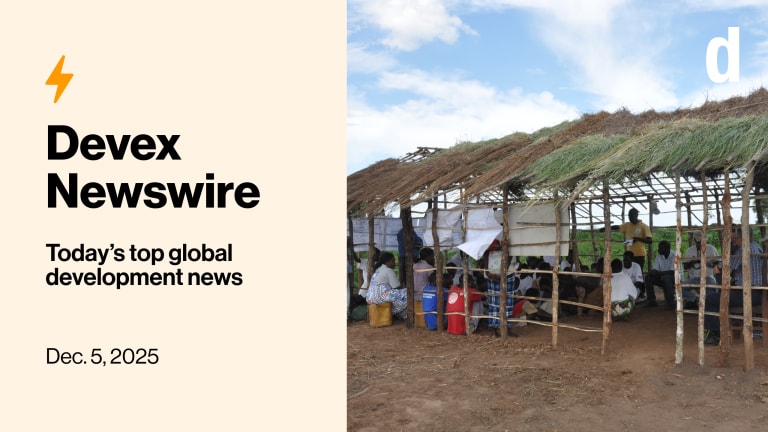Yemen is the poorest country in the Middle East and has become a focal point of the evolving global fight against terrorism. The country’s dwindling oil reserves, which the World Bank expects to dry up over the next 12 years, provide 75 percent of government revenues and comprise 90 percent of the country’s exports. Unable to diversify, analysts across the world question how Yemen will generate sufficient employment and raise living standards for its citizens. Persistently high levels of food and water insecurity coupled with rapid population growth are other signs of the country’s socio-economic difficulties. It is highly likely that Yemen will fail to meet any of the Millennium Development Goals.
Against the backdrop of the Arab Spring, Yemen continues to face a fragile security situation that is closely linked to its significant humanitarian challenges. It remains to be seen if the ouster of President Ali Abdullah Saleh in 2011, the first change in the country’s leadership for 33 years, will help usher in a period of relative stability and development.
The U.K. Department for International Development is dedicated to helping Yemen address humanitarian issues during this fragile political transition period. In line with the U.K. Building Stability Overseas Strategy and the U.K. Humanitarian Policy, DFID’s engagement is mainly geared toward supporting the interim government and alleviating Yemen’s most dire socio-economic problems.
This story is forDevex Promembers
Unlock this story now with a 15-day free trial of Devex Pro.
With a Devex Pro subscription you'll get access to deeper analysis and exclusive insights from our reporters and analysts.
Start my free trialRequest a group subscriptionSearch for articles
Most Read
- 1
- 2
- 3
- 4
- 5






